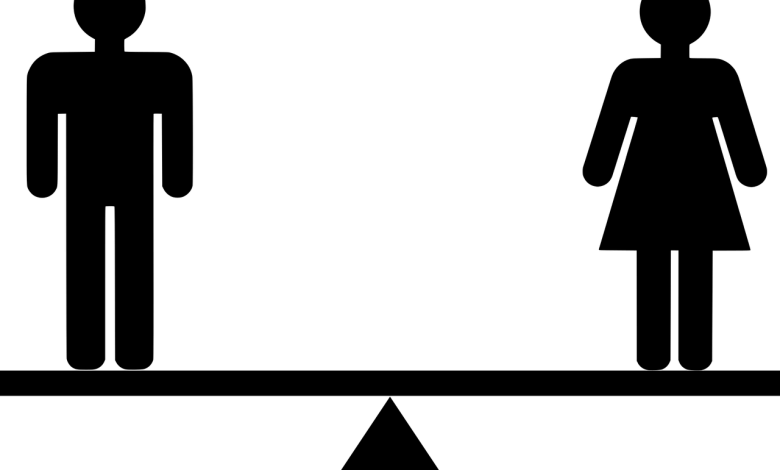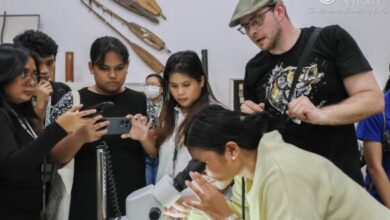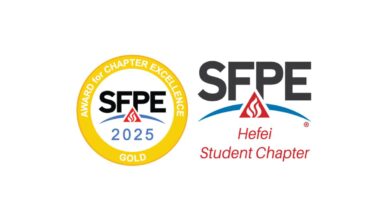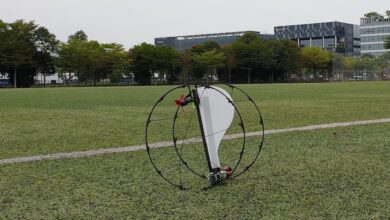Research
UN study says girls performing better at Maths. Progress for gender equality in STEM but the root of the problem is planted deep
Latest findings by UN agency UNESCO show girls are closing the gap with boys in mathematics, in some cases, even outperforming them. Clearly, access to education balances the equation, but only a society which breaks “gender roles” will be able to keep women in demanding professions like STEM

Girls plus access to education minus gender bias are equal to boys. The maths is simple. The latest finding from the UN agency UNESCO shows that the gender gap in mathematics is closing. Data from primary and secondary education in 120 countries show that while boys perform better at maths in primary schooling, girls balance the equation in secondary school.
This is the graph observed even in the world’s poorest countries. In some countries, girls even outperformed boys. According to the report “by grade 8, the gap is in favour of girls in mathematics by 7 percentage points in Malaysia, by 3 points in Cambodia, by 1.7 points in Congo, and by 1.4 points in the Philippines.
Girls have outshined boys in reading, with most of them achieving minimum proficiency in reading than boys. The UNESCO report shows that the largest gap in primary education is in Saudi Arabia. There 77% of girls but only 51% of boys in grade 4 (ages 9-10), achieve minimum proficiency in reading. The data further shows that girls outperform boys in reading by 18 percentage points in Thailand, in the Dominican Republic by 11 points, and in Morocco by 10 points. The UNESCO report states that “even in countries where girls and boys have the same level of reading in the early grades – as in Lithuania and Norway – by the age of 15, girls are roughly 15 percentage points ahead of boys”.
Girls have demonstrated they can perform well in school. In India, girls outperform boys consistently in the annual board-level examinations across the country.
To read more : Times Now




